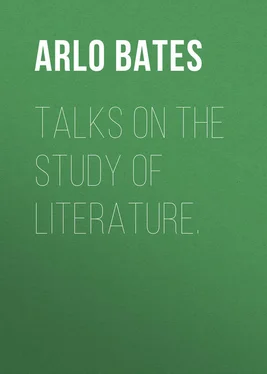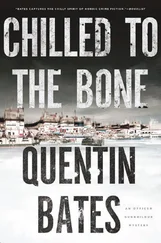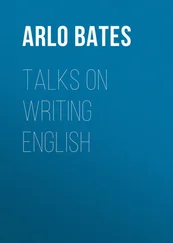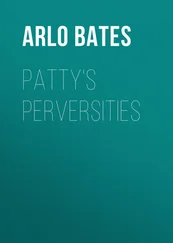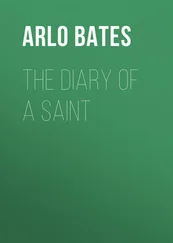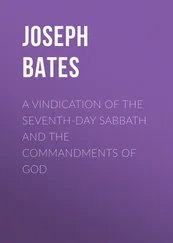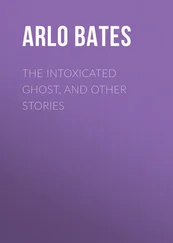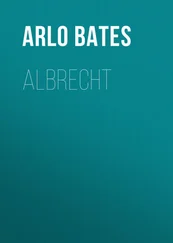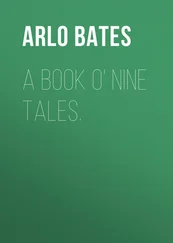Arlo Bates - Talks on the study of literature.
Здесь есть возможность читать онлайн «Arlo Bates - Talks on the study of literature.» — ознакомительный отрывок электронной книги совершенно бесплатно, а после прочтения отрывка купить полную версию. В некоторых случаях можно слушать аудио, скачать через торрент в формате fb2 и присутствует краткое содержание. Жанр: foreign_antique, foreign_prose, на английском языке. Описание произведения, (предисловие) а так же отзывы посетителей доступны на портале библиотеки ЛибКат.
- Название:Talks on the study of literature.
- Автор:
- Жанр:
- Год:неизвестен
- ISBN:нет данных
- Рейтинг книги:5 / 5. Голосов: 1
-
Избранное:Добавить в избранное
- Отзывы:
-
Ваша оценка:
- 100
- 1
- 2
- 3
- 4
- 5
Talks on the study of literature.: краткое содержание, описание и аннотация
Предлагаем к чтению аннотацию, описание, краткое содержание или предисловие (зависит от того, что написал сам автор книги «Talks on the study of literature.»). Если вы не нашли необходимую информацию о книге — напишите в комментариях, мы постараемся отыскать её.
Talks on the study of literature. — читать онлайн ознакомительный отрывок
Ниже представлен текст книги, разбитый по страницам. Система сохранения места последней прочитанной страницы, позволяет с удобством читать онлайн бесплатно книгу «Talks on the study of literature.», без необходимости каждый раз заново искать на чём Вы остановились. Поставьте закладку, и сможете в любой момент перейти на страницу, на которой закончили чтение.
Интервал:
Закладка:
This lack of consistency is most easily appreciated, perhaps, in the drawing of character. Those modern writers who look upon literature as having two functions, first, to advance extravagant theories, and second, – and more important, – to advertise the author, are constantly putting forward personages that are so inconsistent that it is impossible not to see that they are mere embodied arguments or sensationalism incarnate, and not in the least creatures of a strong and wholesome imagination. When in "The Doll's House" Ibsen makes Nora Helma an inconsequent, frivolous, childish puppet, destitute alike of moral and of common sense, and then in the twinkling of an eye transforms her into an indignant woman, full of moral purpose, furnished not only with a complete set of advanced views but with an entire battery of modern arguments with which to support them, – when, in a word, the author, for the sake of his theory, works a visible miracle, we cease to believe in his imaginative sincerity. We know that he is dogmatizing, not creating; that this is artifice, not art.
Another test of the genuineness of what is expressed in literature is its truth to life. Here again we tread upon ground somewhat uncertain, since truth is as elusive as a sunbeam, and to no two human beings the same. Yet while the meaning of life is not the same to any two who walk under the heavens, there are certain broad principles which all men recognize. The eternal facts of life and of death, of love and of hate, the instinct of self-preservation, the fear of pain, the respect for courage, and the enthrallment of passion, – these are laws of humanity so universal that we assume them to be known to all mankind. We cannot believe that any mortal can find that true to his imagination which ignores these unvarying conditions of human existence. He who writes what is untrue to humanity cannot persuade us that he writes what is true to himself. We are sure that those impossible heroes of Ouida, with their superhuman accomplishments, those heroines of beauty transcendently incompatible with their corrupt hearts, base lives, and entire defiance of all sanitary laws, were no more real to their author than they are to us. Conviction springs from the imagination, and imagination is above all else the realizing faculty. It is idle to say that a writer imagines every extravagant and impossible whimsy which comes into his head. He imagines those things, and those things only, which are real to his inner being; so that in judging literature the question to be settled is: Does this thing which the author tells, this emotion which he expresses, impress us as having been to him when he wrote actual, true, and absolutely real? To unimaginative persons it might seem that I am uttering nonsense. It is not possible for a man without imagination to see how things which are invented by the mind should by that same mind, in all sanity, be received as real. Yet that is precisely what happens. No one, I believe, produces real or permanent literature who is not capable of performing this miracle; who does not feel to be true that which has no other being, no other place, no other significance save that which it derives from the creative power of his own inner sense, working upon the material furnished by his perception of the world around him. This is the daily miracle of genius; but it is a miracle shared to some extent by every mortal who has the faintest glimmer of genuine imagination.
To be convincing literature must express emotion which is genuine; to commend itself to the best sense of mankind, and thus to take its place in the front rank, it must deal with emotion which is wholesome and normal. A work phrasing morbid emotion may be art, and it may be lasting; but it is not the highest art, and it does not approve itself to the best and sanest taste. Mankind looks to literature for the expression of genuine, strong, healthy human emotion; emotion passionate, tragic, painful, the exhilaration of joy or the frenzy of grief, as it may be; but always the emotion which under the given conditions would be felt by the healthy heart and soul, by the virile man and the womanly woman. No amount of insane power flashing here and there amid the foulness of Tolstoi's "Kreutzer Sonata," can reconcile the world to the fact that the book embodies the broodings of a mind morbid and diseased. Even to concede that the author of such a work had genius could not avail to conceal the fact that his muse was smitten from head to feet with the unspeakable corruption of leprosy. Morbid literature may produce a profound sensation, but it is incapable of creating a permanent impression.
The principles of which we are speaking are strikingly illustrated in the tales of Edgar Allan Poe. He was possessed of an imagination narrow, but keen; uncertain and wayward, but alert and swift; individual and original, though unhappily lacking any ethical stability. In his best work he is sincere and convincing, so that stories like "The Cask of Amontillado," "The Gold Bug," or "The Purloined Letter," are permanently effective, each in its way and degree. Poe's masterpiece, "The Fall of the House of Usher," is a study of morbid character, but it is saved by the fact that this is viewed in its effect upon a healthy nature. The reader looks at everything through the mind of the imaginary narrator, so that the ultimate effect is that of an exhibition of the feelings of a wholesome nature brought into contact with madness; although even so the ordinary reader is still repelled by the abnormal elements of the theme. There is in all the work of Poe a good deal that is fantastic and not a little that is affected. He is rarely entirely sincere and sane. He shared with Byron an instinctive fondness for the rôle of a "blighted being," and a halo of inebriety too often encircles his head; yet at his best he moves us by the mysterious and incommunicable power of genius. Many of his tales, on the other hand, are mere mechanical tasks, and as such neither convincing nor permanent. There is a great deal of Poe which is not worth anybody's reading because he did not believe it, did not imagine it as real, when he wrote it. Other stories of his illustrate the futility of self-deception on the part of the author. "Lygeia" Poe always announced as his masterpiece. He apparently persuaded himself that he felt its turgid sentimentality, that he thrilled at its elaborately theatrical setting, and he flattered himself that he could cheat the world as he had cheated himself. Yet the reader is not fooled. Every man of judgment realizes that, however the author was able to deceive himself, "Lygeia" is rubbish, and sophomoric rubbish at that.
There has probably never before been a time which afforded so abundant illustrations of morbid work as to-day. We shall have occasion later to speak of Verlaine, Zola, Ibsen, and the rest, with their prurient prose and putrescent poetry; and here it is enough to note that the diseased and the morbid are by definition excluded from literature in the best sense of the word. Good art is not only sincere; it is human, and wholesome, and sound.
II
LITERARY EXPRESSION
So much, then, for what literature must express; it is well now to examine for a little the manner of expression. To feel genuine emotion is not all that is required of a writer. Among artists cannot be reckoned
One born with poet's heart in sad eclipse
Because unmatched with poet's tongue;
Whose song impassioned struggles to his lips,
Yet dies, alas! unsung.
He must be able to sing the song; to make the reader share the throbbing of his heart. All men feel; the artist is he who can by the use of conventions impart his feelings to the world. The musician uses conventions of sound, the painter conventions of color, the sculptor conventions of form, and the writer must employ the means most artificial of all, the conventions of language.
Читать дальшеИнтервал:
Закладка:
Похожие книги на «Talks on the study of literature.»
Представляем Вашему вниманию похожие книги на «Talks on the study of literature.» списком для выбора. Мы отобрали схожую по названию и смыслу литературу в надежде предоставить читателям больше вариантов отыскать новые, интересные, ещё непрочитанные произведения.
Обсуждение, отзывы о книге «Talks on the study of literature.» и просто собственные мнения читателей. Оставьте ваши комментарии, напишите, что Вы думаете о произведении, его смысле или главных героях. Укажите что конкретно понравилось, а что нет, и почему Вы так считаете.
